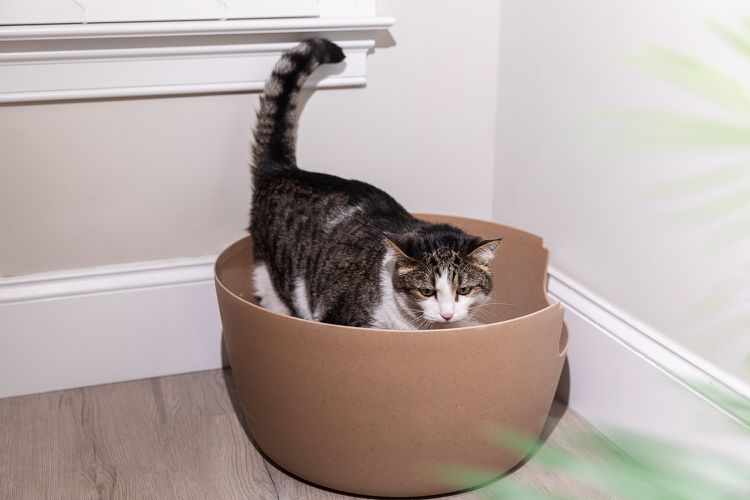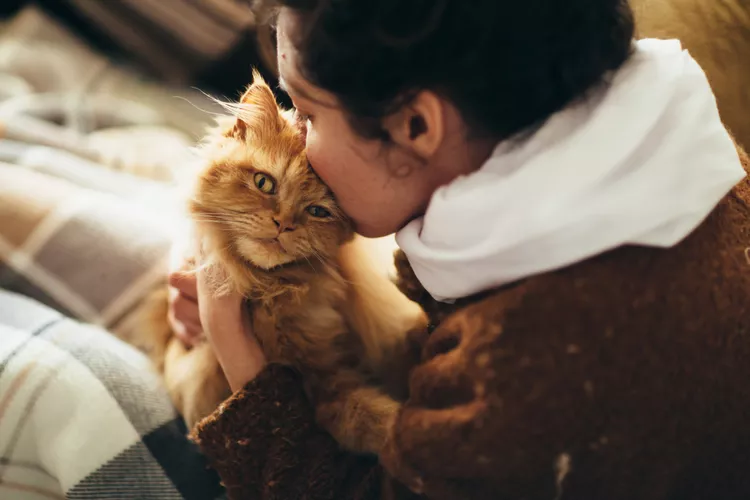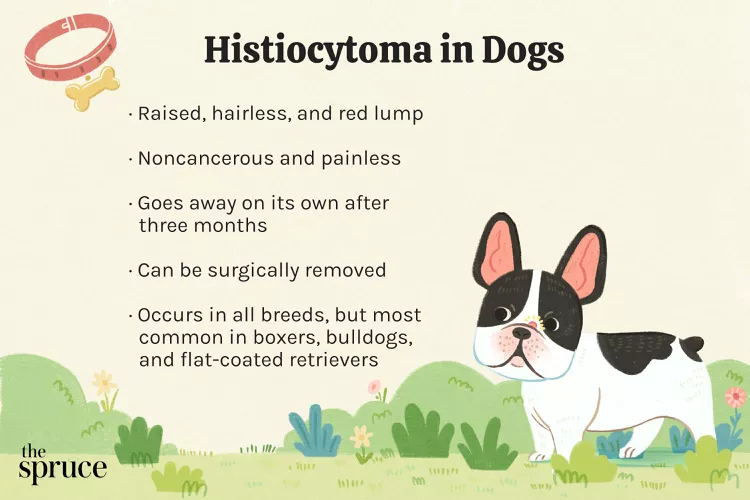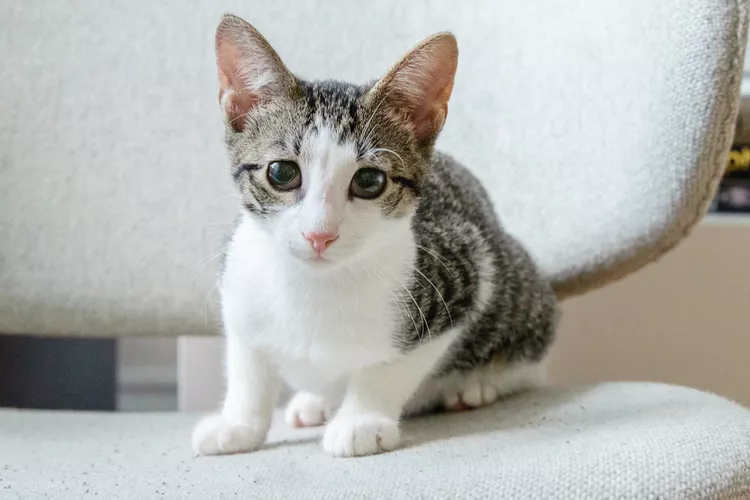
Covering poop is a normal cat behavior, right? Not necessarily. Wild cats that bury their excrement do so for basically two reasons: One is to keep their presence unknown from possible predators. The other is to show that they are not challenging more dominant cats. These more dominant cats rarely bury feces, and often leave waste on grassy tussocks that elevate and make it even more prominent.
So, it seems the only reason for a domesticated cat to bury its poop is if there is a dominant cat in the house. However, burying excrement is a very natural cat behavior. Why then is your cat not doing it?
Humans have encouraged the behavior in our pet cats, by selectively choosing (and breeding) the ones that are “clean.” Cats that leave their excrement uncovered for the world to admire are not abnormal—they’re just being cats.
If your kitty has always dug-and-covered as normal litter box behavior, and suddenly makes a statement with uncovered poop, ask yourself what else has changed. This may be the cat’s way of sending a smelly signal to other cats (or even a stray hanging around outside the window) that the territory is owned.
In the wild, dominant cats (including jaguars, leopards, lions, and tigers) that are competing for territory don't bury their feces, sending a message that they are declaring that spot as their own. A domesticated cat may choose to not bury their poop to let other cats—or their owner—know "I am here." Even if a cat has lived in the same place for a while, he may not feel it is his territory. The smell of their poop shows that particular cat's presence.
Cats that choose not to cover, or leave a deposit outside the box, may simply be doing what comes naturally. Although burying feces is generally a modeled behavior from the mother cat, some cats actually never learn to do this. Separately, roaming kitties may use unburied waste as another form of marking.
When it comes to litter boxes, size does matter. Maybe your cat's litter box is too small for them to turn around inside to bury the poop. And, as the saying goes, cats can be finicky—perhaps your cat doesn't like the feel of the cat litter, or the box is too dirty, and they would rather not spend any extra time in there. If you suspect one or both of these things could be true, give a new brand of litter a try, or upgrade to a larger litter box.
There aren't any specific diagnoses that would cause your cat to not bury their poop, but if your cat is experiencing some kind of pain or discomfort—whether in their paws, while going to the bathroom, or just in general—that could deter them from spending more time in the litter box. Also, cats who have been declawed recently could choose to skip the burying process.

Cute Pictures & Facts About Calico Cats & Kittens
Learn fascinating facts about calico cats, including photos, the genetics behind this color combination, and common folklore and traditions.
How to Prevent Cat Separation Anxiety During Vacations
Discover why cats develop litter box problems and cat behavior problems when you go on vacation and what you can do about it to help them.
Cat Behavior Changes That Might Mean Something's Wrong
Cats' behavioral changes may indicate problems—or they may mean nothing at all. Explore causes of odd behavior and what to do about them.
Lhasa Apso: Dog Breed Characteristics & Care
The Lhasa apso is an ancient breed from Tibet that was bred to be a watchdog. Learn about its history, health, exercise needs, and more.
Reasons Why Dogs Run Away and How to Stop It
Dogs can escape, especially if they’re bored and not properly contained. Here are some techniques for stopping your dog from running away.
Can Dogs Get Depression? How to Help Your Sad Dog
Can dogs get depression? Learn about the signs of depression in dogs and find out how to help your sad dog.
How to Stop Aggression in Dogs
Dog aggression can be a serious behavior issue for pet owners. Learn how to stop aggression in dogs before someone gets hurt.
How to Stop Your Dog From Growling
A growling dog can soon become even more aggressive. Reduce the noise and potential for a dangerous situation with some of these techniques.
Why Do Dogs Dig Holes? How to Stop Your Dog from Relandscaping Your Yard
Dogs have been digging holes for centuries and for many reasons. Whether they’re bored or want to cool off in the dirt, here are the top reasons why dogs dig holes.
Dog Treat Varieties
Learn about the different types of dog treats on the market and decide which are best for your dog.
Can Dogs Eat Asparagus?
Dogs can eat asparagus, provided the vegetable is cooked plain and cut up for them. Seasonings, salt, and butter make it unhealthy for dogs.
Histiocytomas in Dogs
A histiocytoma is a type of benign (non-cancerous) skin lump that usually affects young dogs. Learn the causes, treatment, and prevention.
Why Is My Dog’s Eye Swollen?
If your dog's eye is swollen, she may need veterinary attention. The inflammation could be caused by allergies, an injury, or even a tumor.
Common Bugs and Parasites Found on and Inside Dogs
Learn about common types of parasites in dogs. Find out how to treat and prevent parasites to keep your dog, your family, and yourself safe.
Exploring the Different Types of Pet-Friendly Beaches
Are you looking for pet-friendly beaches? Learn about the different types of pet-friendly beaches, their locations, and tips for visiting them with your pet.
10 Obscure, Little-known Canine Facts in Honor of National Dog Day
With National Dog Day upon us, it's time to celebrate everything about our favorite pets—even the weirder stuff. Here are 10 obscure facts about dogs you probably didn't know.
Kitten Development From 3 to 6 Months Old
Kittens grow and change a lot during their first year. Find out what happens between the ages of three months and six months old.
95 Siamese Cat Names
Our list of Siamese cat names has diverse and fun options to help you choose the ideal moniker for your elegant and lovable feline companion.
What to Buy for Your New Cat: A List of Essentials
Before you bring your new cat or kitten home, there are a number of things to collect or buy so your cat will feel welcomed like a family member.
The 6 Best Cat Nail Clippers of 2024 for a Safe Trim
Clipping your cat's nails can save your furniture and keep your kitty comfortable. We asked veterinarians for their cat nail clipper recommendations.